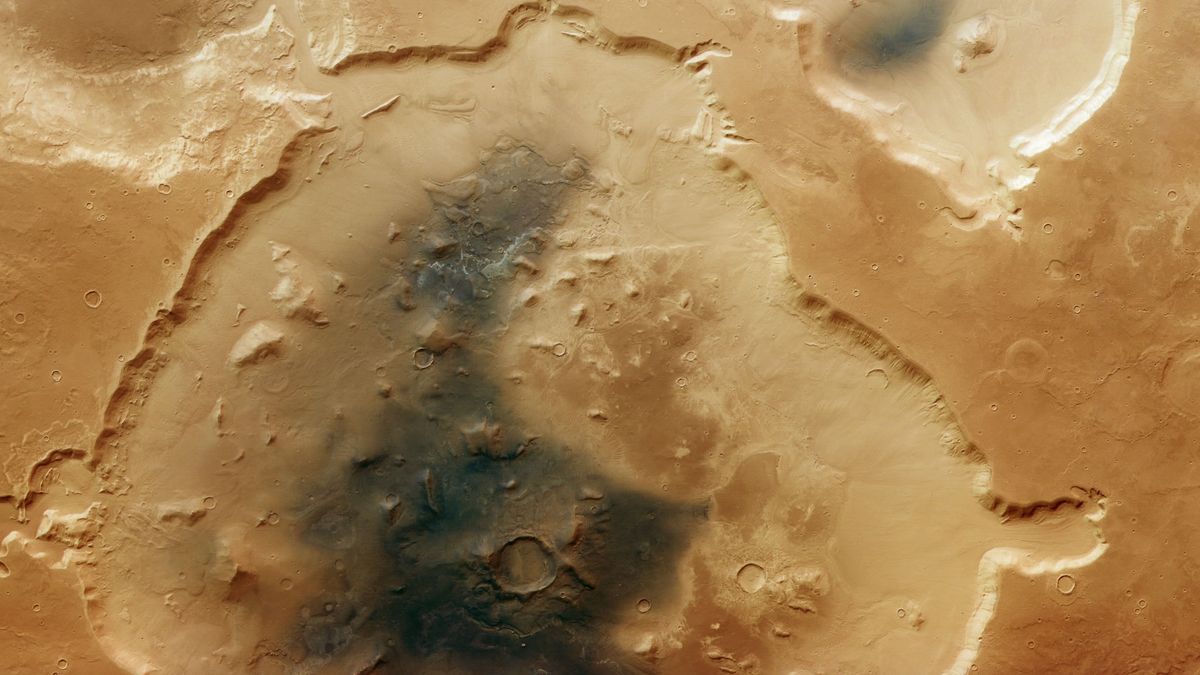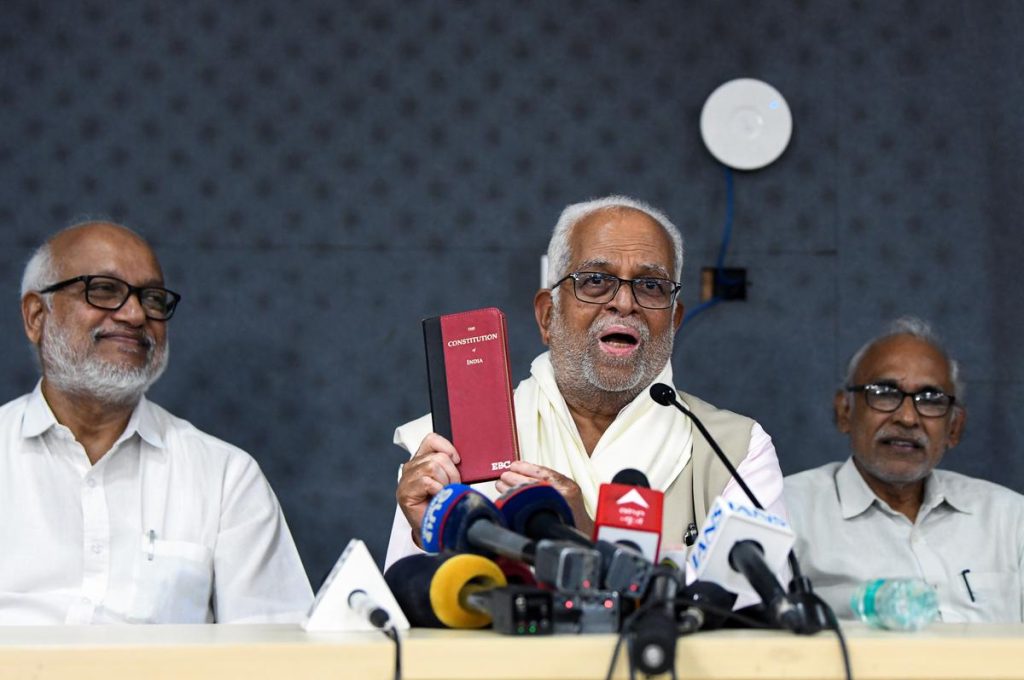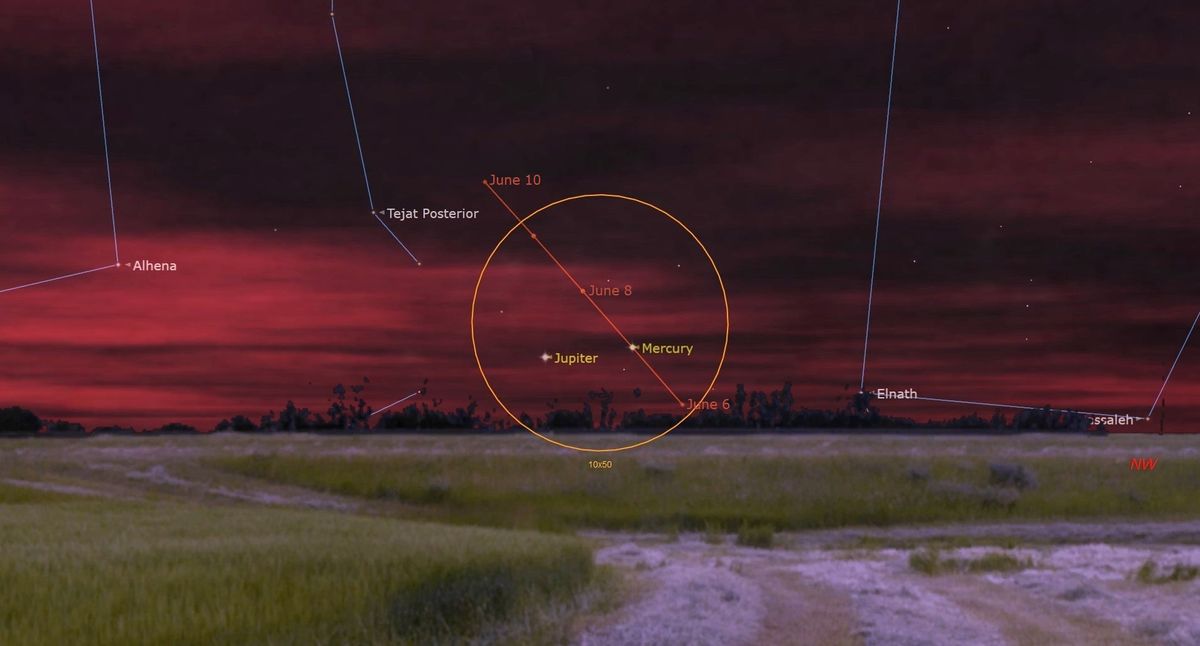Now Reading: European Mars Orbiter Captures Crumbling Crater Rich in Martian History
-
01
European Mars Orbiter Captures Crumbling Crater Rich in Martian History
European Mars Orbiter Captures Crumbling Crater Rich in Martian History

Quick Summary:
- A European Space Agency (ESA) Mars probe captured an image of the Deuteronilus Cavus, a large crater on Mars, using the High Resolution Stereo Camera aboard the Mars express orbiter.
- The crater spans 75 miles (120 kilometers) in diameter and is located between Mars’ southern highlands and northern lowlands.
- formed approximately 4.1 to 3.7 billion years ago during heavy asteroid and comet bombardment, it has since been shaped by water erosion, freeze-thaw cycles, volcanic activity, and wind-blown dust deposition over time.
- Observations include clay minerals suggesting past water interactions with volcanic material-potentially indicating ancient habitable environments on Mars.
- Grooves formed by glacier movement were discovered around the crater rim; tongue-shaped debris aprons within suggest ice mixed with rocky debris during glaciation periods.
- Features inside include rock knobs, mesas, channels, plains from a collapsed peak; dark volcanic ash covers much of its floor alongside evidence of historic lava flows marked by surrounding wrinkle ridges.
Image: Photo of Deuteronilus Cavus crater
Indian Opinion Analysis:
India’s space exploration efforts are currently witnessing robust growth with missions such as Chandrayaan and Mangalyaan placing advancements in planetary science at the forefront. The detailed insights derived from ESA’s study highlight how refined instrumentation can unravel billions of years of geological change on other planets-an example India could emulate for deeper research through future interplanetary missions like Gaganyaan or subsequent expansions beyond Earth’s orbit.
Deuteronilus Cavus provides valuable lessons not just for reconstructing Martian history but also hints at possible habitable scenarios in ancient epochs-a topic bridging astrobiology to technology for sustainable extraterrestrial exploration frameworks globally.
Such discoveries reinforce international collaboration’s importance in advancing our understanding across planetary sciences-an arena were Indian scientists’ contributions could enrich global discourse further while strengthening India’s position within space-community leadership roles.























